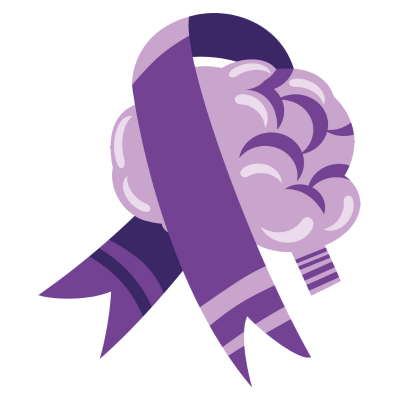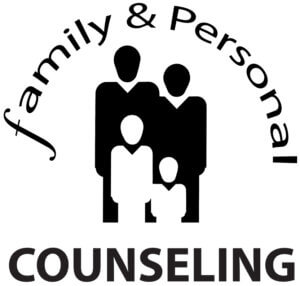
Beyond Seizures
Navigating adolescence can be challenging, especially when coupled with managing a chronic illness like epilepsy. In this insightful article, FPC Therapist Briana McCarthy, MHC-LP explores the psychological impacts of epilepsy on adolescents and discusses strategies for fostering resilience.
The Onset of Epilepsy and Its Broader Impacts
Chronic illnesses such as epilepsy can emerge at any stage of life, profoundly affecting daily activities and mental well-being. Often, those diagnosed with epilepsy also come to be diagnosed with depression and/or anxiety. In general, adolescents experience more limitations in that the low self-esteem associated with their diagnoses can affect them socially. The stigma associated with epilepsy often exacerbates low self-esteem, complicating social interactions and relationship building.
Coping Mechanisms and Environmental Influence
The effectiveness of an adolescent’s coping strategies can significantly depend on their support systems. Robust and empathetic relationships are crucial for adapting to life with epilepsy, helping to mitigate potential mental health declines. Studies, such as those by Clark and Critchley (2016), highlight the prevalence of emotion-focused coping methods among youths with epilepsy, suggesting that practices like journaling or meditation may offer immediate relief and help maintain routine despite the unpredictable nature of the condition.
The Psychological Development and Self-Esteem
Research by Kwong et al., (2016) points to a common trend: adolescents with epilepsy tend to have lower self-esteem. This developmental stage is critical for identity formation and social skill development, yet the unpredictability of seizures and the side effects of medications can isolate youths from their peers, further hindering psychosocial growth.
Strategic Interventions and Knowledge Enhancement
Addressing the knowledge gap about epilepsy is pivotal. Simple educational tools, such as brochures or support groups, can enlighten both the affected individuals and their communities, fostering greater understanding and acceptance. Ensuring that adolescents comprehend their condition, and the related symptoms can empower them, potentially elevating their self-esteem and improving overall mental health.
In gaining understanding of the disorder, one can connect how they are feeling with symptoms of their disorder and medication versus how they are feeling overall by checking for signs of emotional distress. This integrated approach to managing epilepsy not only focuses on the medical treatment but also emphasizes the importance of mental health care, aiming to create a well-rounded support system for adolescents navigating this challenging phase of their lives.


